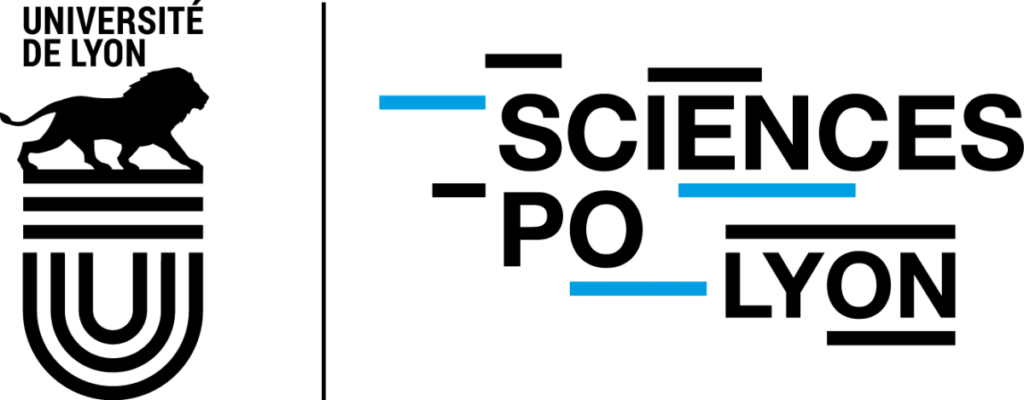Sciences Po Lyon call for projects
Sciences Po Lyon implements a research policy to support the research activities of its teacher-researchers.
This is achieved in particular by granting funding via the Scientific Committee, which is made up of research professors and qualified personalities. At its monthly meetings, the Committee examines requests for support for research activities such as the organisation of scientific events or the publication of research work. You will find here the annual financial reports detailing these operations.



Our policy of supporting research is also reflected in an annual call for research projects, which enables the school’s teaching and research staff to apply for support for a project to be carried out over a two-year period, up to a maximum of €5,000.
Applicant projects must demonstrate a cross-disciplinary approach, which may be expressed primarily in terms of laboratories or disciplines. Projects that are internal to a laboratory are eligible if they also demonstrate cross-disciplinary and/or cross-institutional links within the site.
Projects must involve at least one teacher-researcher based in the institution in association with at least one other teacher-researcher who is a member of a laboratory supervised by the Institute. CNRS researchers who are members of laboratories supervised by the Institute are eligible to submit projects in collaboration with one or more teacher-researchers from the institution.
The call for projects is not thematic. Projects may contribute to one of Sciences Po Lyon’s two research priorities: ‘Cities: government, society, representation’ or ‘Innovations in public action’, or they may propose a response that is not a priority.
Lastly, the Commission oversees the international research mobility of lecturers, researchers, doctoral students and 5th year/master’s research students to the Maison française in Oxford: information on this programme can be found on this page.
Sciences Po Lyon, in partnership with the CHELS institutions, supports the scientific and cultural initiatives of students and doctoral candidates. Funding is provided by the Scientific Committee. To find out more, visit the CHELS website.

